Feature – Technical guidance from Taiwan’s agricultural mission makes Asep able to produce premium harvests
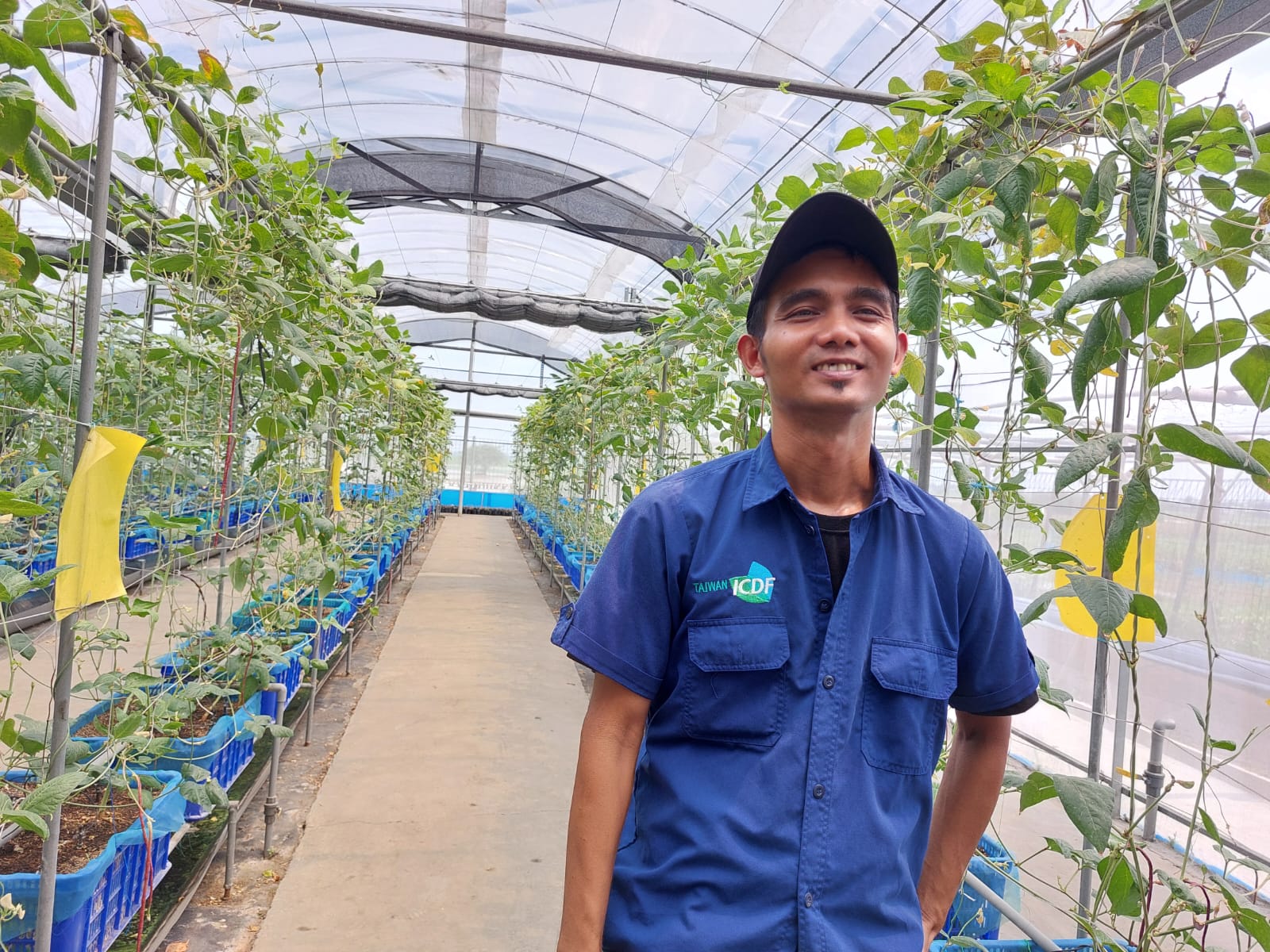
Asep, a farmer from Indonesia’s Karawang district, West Java province, told his story at Taiwan Technical Mission's facility in Karawang district, West Java province, Thursday (October 24, 2024). (Indonesia Window)
The market share of vegetable harvests belonging to Asep, a farmer from Indonesia’s Karawang district, West Java province, is no longer just neighbors and traditional markets, but also large supermarket chains that are partners of the Taiwan Technical Mission.
Karawang, West Java (Indonesia Window) – About five years ago, Asep, a farmer from Indonesia’s Karawang district, West Java province, could only harvest 200-300 kilograms of vegetables from his father’s 1,000 square meter agricultural land.“The vegetables I grew were cauliflower, eggplant, and long beans. The planting was done in rotation, after every harvest season,” he has said recently, at the Taiwan Technical Mission (TTM) agricultural facility in Karawang, describing his story of struggling to improve his family’s economy by farming.His harvest was then sent to the local traditional market, and some were bought by neighbors. However, he admitted that quite a few of the vegetables he marketed had to be thrown away because no buyers wanted to take home vegetables that did not look good.Meanwhile, Asep also did not have a storage facility for his products that had not been absorbed by the market.Nevertheless, Asep's fate slowly changed when the Taiwanese Technical Mission started an agricultural land development project in his area in 2018."In 2019, I worked at the TTM. My father was also part of the farmer group fostered by the TTM. I gained a lot of insight, and I was able to develop it on my father's farm," the junior high school graduate said.With the knowledge and practices he gained while working at the TTM, as well as being a farmer fostered by this Taiwanese mission, Asep and his father can now harvest up to 1 to 1.5 tons of vegetables each season."The vegetables I grow are also premium. In addition to eggplant and cauliflower, I also produce red long beans and Taiwanese white bitter melon, which have a higher selling value than that of local vegetables. The price is also more stable," he said, adding that green bitter melon on the market is priced at 5,000-6,000 rupiahs per kilogram, while white bitter melon is priced at 10,000 rupiahs per kilogram.With such varieties of vegetables, the market share for Asep's vegetable harvest is no longer just neighbors and traditional markets, but also supermarket chains that are partners of the Taiwan Technical Mission."Vegetables sent to supermarkets must be in accordance with their requests. So, the shape, size, and color must be taken into account. There are grade A and grade B. Grade A is sent to supermarkets, grade B is sold in the market," he explained.According to the leader of the Taiwan Technical Mission to Indonesia, Dennis Kao, the Taiwan Technical Mission has different characteristics from other similar organizations."What distinguishes the TTM from others is that we 'accompany' farmers starting from seed production and sowing, land management which includes planting technology and preparation of agricultural materials such as fertilizers, harvesting with machines and labor, to storing the harvest and packaging agricultural products," he said on the same occasion in Karawang, West Java, recently.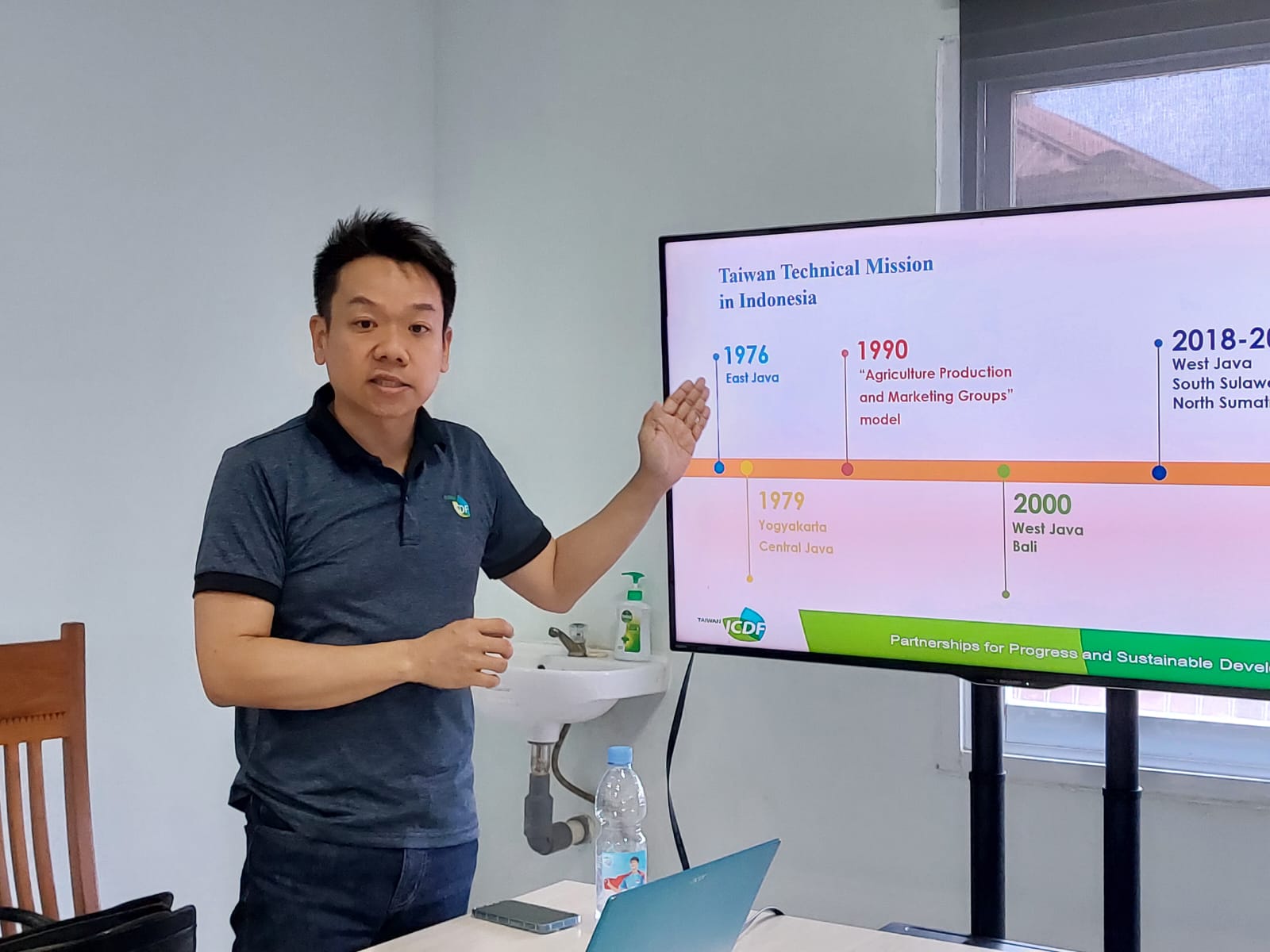
The leader of the Taiwan Technical Mission (TTM) to Indonesia, Dennis Kao, explained the history of TTM in Indonesia, at the Taiwan Technical Mission’s facility in Karawang district, West Java, on Thursday (October 24, 2024). (Indonesia Window)
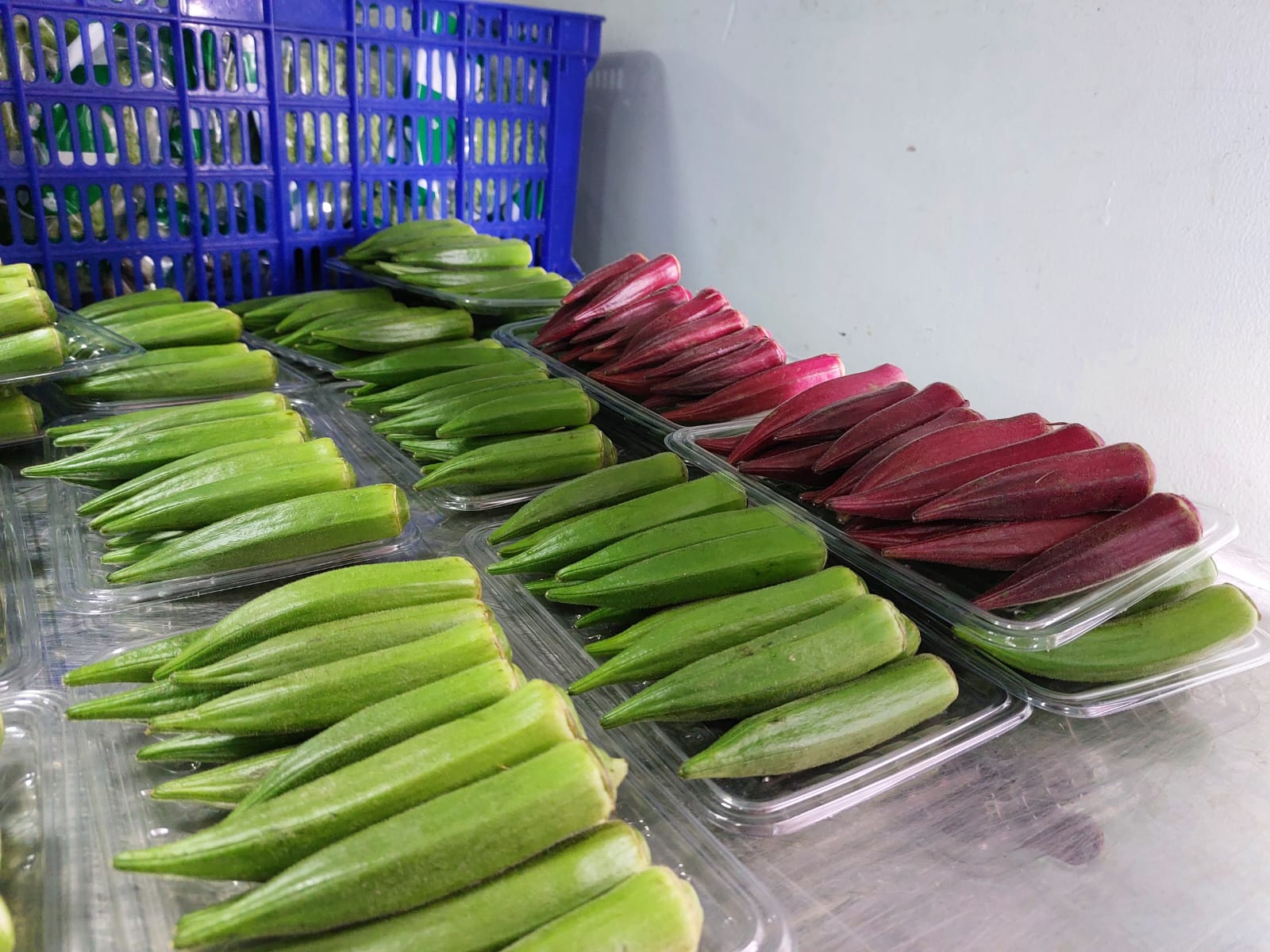
This photo taken on October 24, 2024, at the Taiwan Technical Mission (TTM) vegetable packing facility in Karawang, West Java, showed red okra and green okra being prepared for TTM's partner supermarkets. (Indonesia Window)
Bagikan
Komentar
Berita Terkait
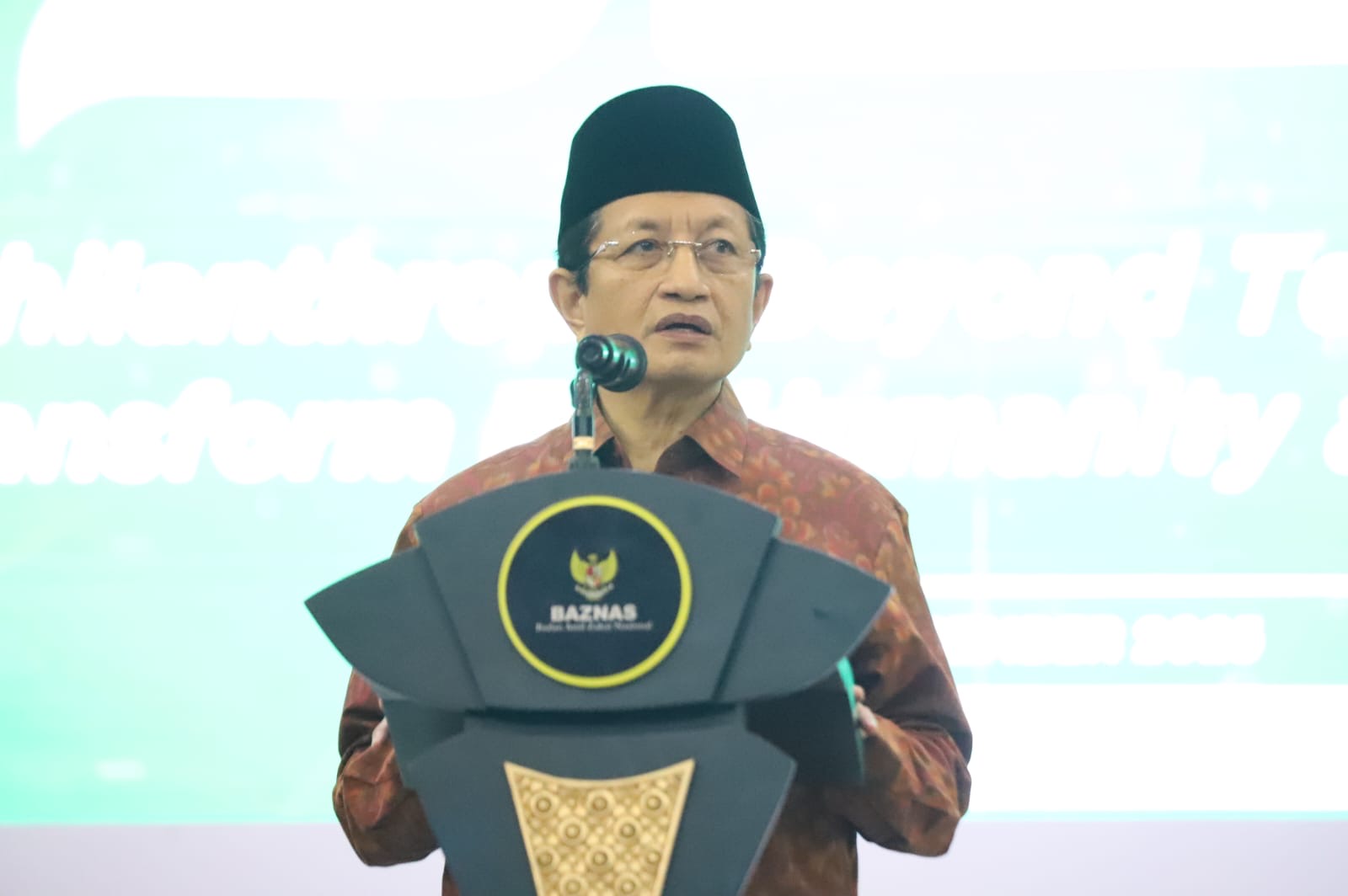
Minister: Reforming 'dam' regulations to strengthen local livestock farmers’ economy
Indonesia
•
11 Dec 2025

Taiwan helps build Indonesia’s Surabaya-Gempol toll road
Indonesia
•
13 Feb 2020
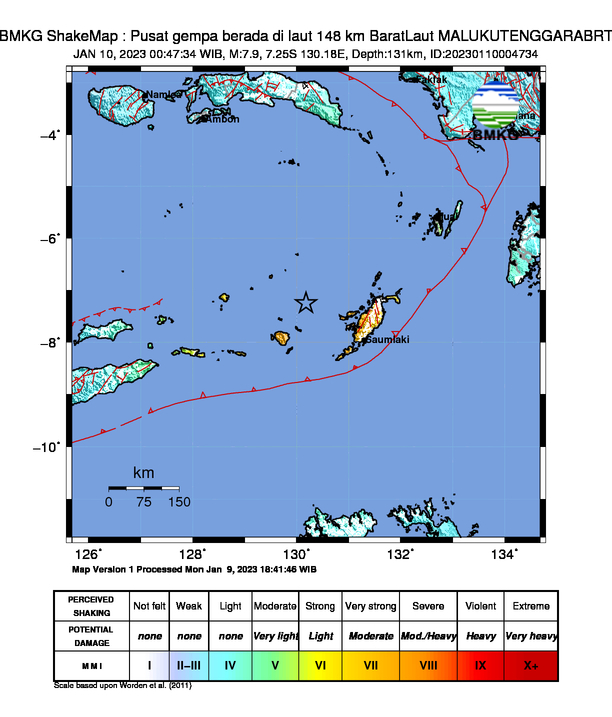
Flash – M 7.5 earthquake shakes Indonesia’s Maluku, tsunami warning ends
Indonesia
•
10 Jan 2023

Indonesia becomes German automotive hub of Mercedes Benz exports
Indonesia
•
29 Nov 2021
Berita Terbaru
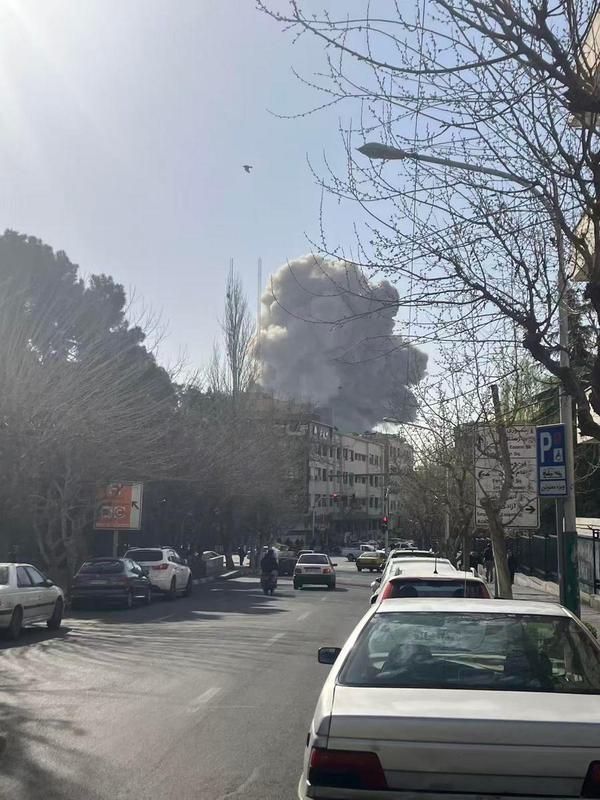
Interview – Prof. Hikmahanto: US, Israel war on Iran to overthrow government
Indonesia
•
02 Mar 2026
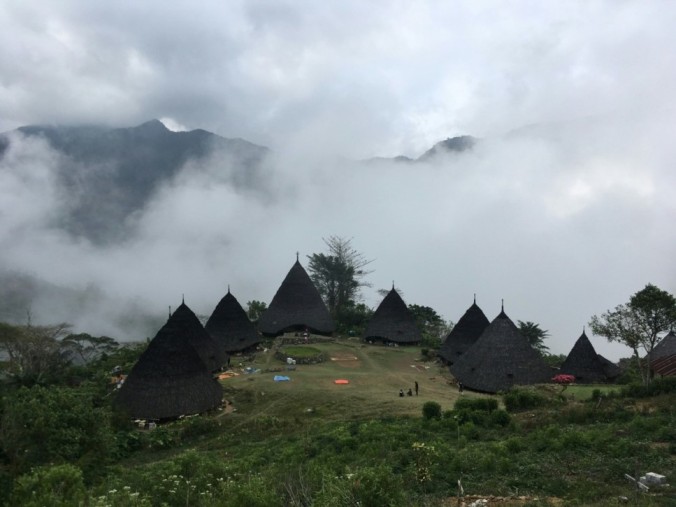
Halal products accepted by non-Muslims in Indonesia’s E Nusa Tenggara, proof of inclusive Islam
Indonesia
•
02 Mar 2026
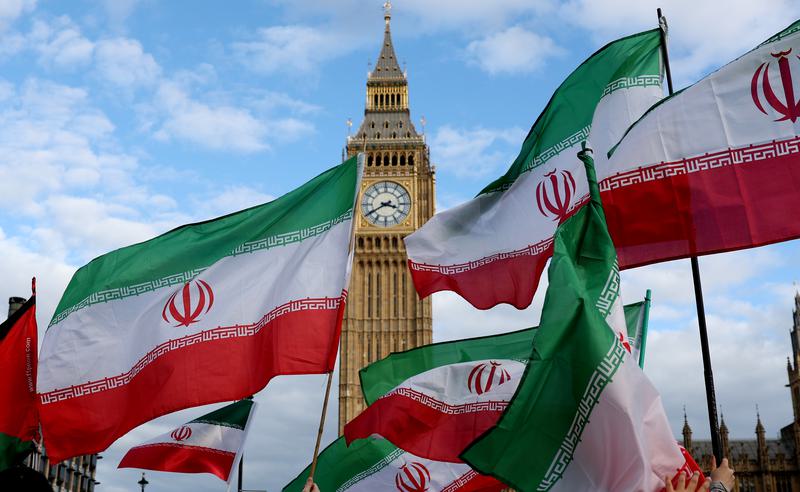
Iran expects Indonesia to mediate conflict after US, Israeli deadly attack
Indonesia
•
01 Mar 2026
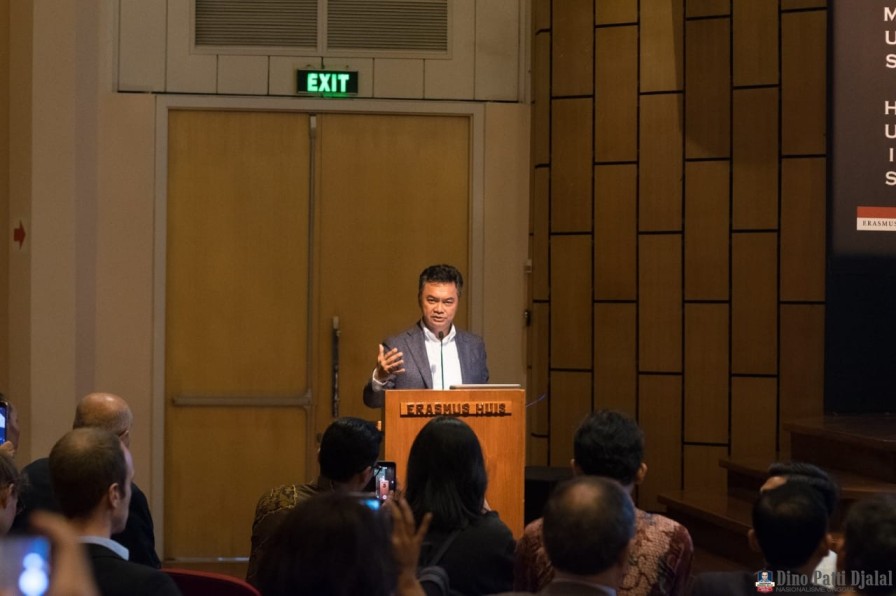
Opinion – Dino Patti Djalal: Iran won’t remain silent about US and Israeli attacks
Indonesia
•
01 Mar 2026
